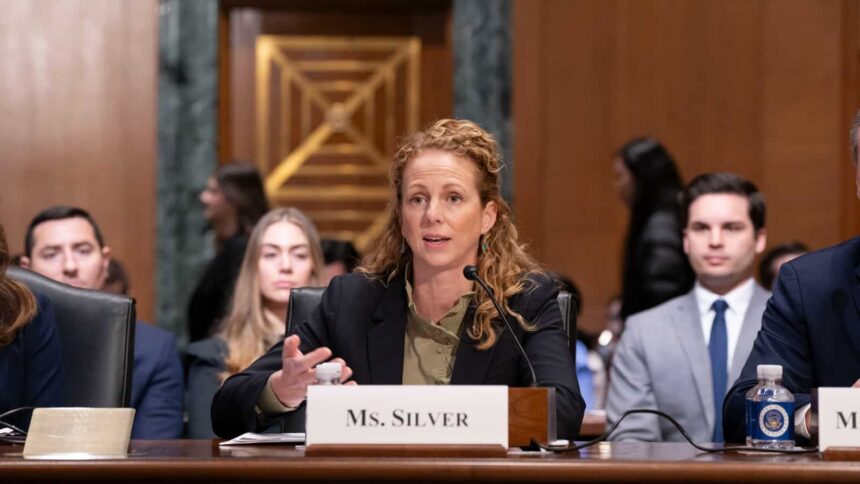
A critical tax deduction for small businesses is set to expire at the end of 2025, and manufacturers are sounding the alarm as part of the NAM’s “Manufacturing Wins” tax campaign.
Increasing the tax burden: Courtney Silver, president and owner of Concord, North Carolina–based Ketchie, recently emphasized the importance of the pass-through deduction. As an S corporation, Ketchie is one of the many small manufacturers that are eligible for this 20% deduction created by the Tax Cuts and Jobs Act.
- Silver, who chairs the NAM’s Small and Medium Manufacturers Group, warned that the expiration of this provision, along with the planned increase in individual tax rates, will “dramatically increase the tax burden on small manufacturers like Ketchie.”
Decreasing competitiveness: The disappearance of the pass-through deduction would make American companies less competitive on the world stage, predicted Austin Ramirez, president and CEO of Husco, a Waukesha, Wisconsin–based maker of hydraulic and electromechanical components for on- and off-highway vehicles.
- “The loss of the TCJA’s small business provisions would severely hamper our growth trajectory,” he said.
- “The combination of an increased tax rate and the loss of the pass-through deduction would be especially damaging, tilting the playing field against Husco and other pass-through manufacturers.”
Damaging supply chains: “Many small manufacturers are organized as pass-throughs, including most of [our] key suppliers,” said Chuck Wetherington, president of BTE Technologies in Hanover, Maryland.
- “A tax increase on pass-throughs would have a damaging, disproportionate impact on the manufacturing industry.”
Discouraging entrepreneurs: Competitive tax policy is personal for small manufacturers like Hannah Kain, who founded ALOM Technologies out of Fremont, California. “Like many immigrants before me, I came to the U.S. for opportunity,” Kain said.
- “Since I started the company in 1997, we have reinvested every dollar we made into growing the company. … I personally see how hard it is for entrepreneurs—and especially minorities—to start the type of company that must make big investments in equipment, space, inventories and so much more.”
Reducing growth: “[The 2025 tax hikes] will affect manufacturing businesses like ours and make it more difficult for us to hire more employees, raise wages and drive growth for our business,” said Lee Dougherty, a mechanical engineer at Madsen Steel.
- “We need our representatives in Congress to do their part by stopping these tax hikes so that we can continue to invest in our community and the future of our business.”
What you can do: Manufacturers willing to share their own stories about the need to preserve key tax reform measures can visit NAM.org/MfgWins or email the NAM’s tax team to get involved.










